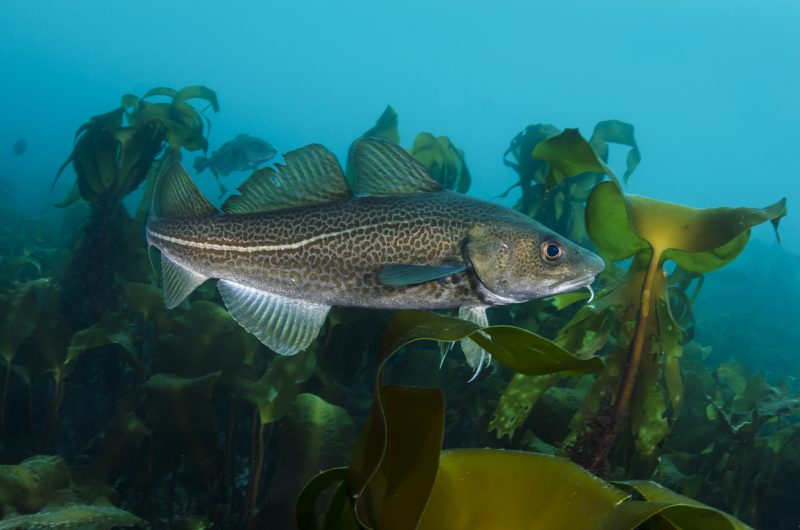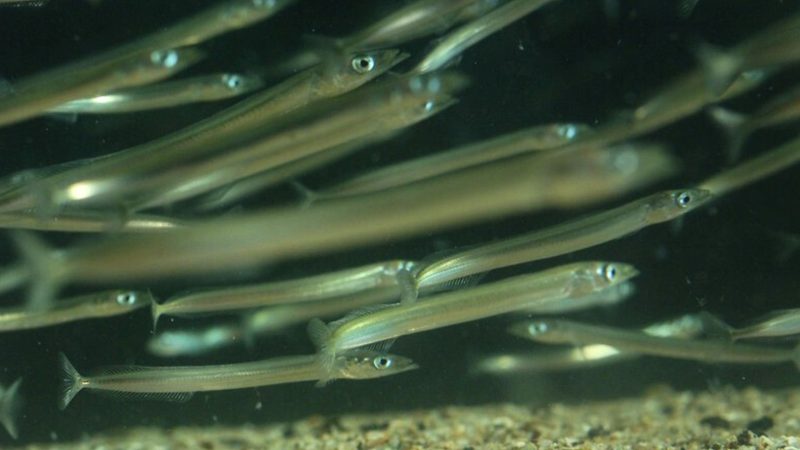Since its release in March 2021 this Netflix documentary Seaspiracy by British filmmaker Ali Tabrizi has brought the issues around commercial fishing to the fore like never before, trending globally and turning everyone off their fish dinner.
Here, we give you BLUE’s response to the film that everyone’s talking about, explore what we’re already doing to address many of the issues raised and explore what you can do to help affect real change in the ocean’s favour.
RESPONSE AND RESOURCE
“Who cares that this shock-doc isn’t subtle? The scale of the problem merits the treatment. The problem of overfishing is immense, global, remote, horrifying and it is really hard to get people to focus on. Until now, Tabrizi’s generation thought banning plastic straws was more important. But it isn’t. Overfishing is.”
Read Charles Clover’s review of Seaspiracy here.
Clover was also featured in the Sunday Times: “There are solutions. The future of fishing is small-scale, not industrial. Subsidies must go. The UK is signed up to protect 30 per cent of the ocean from the most damaging fishing practices by 2030.”
Talking about films that tackle overfishing, make sure you have also seen The End of The Line – the acclaimed documentary by award-wining filmmaker Rupert Murray based on the celebrated book by Charles Clover. “Marine Reserves on their own will not solve the problem of the emptying seas… Politicians have to act responsibly when making decisions about the ocean, consumers need to change their eating habits and the global fishing industry has to abide by the rules and reduce its capacity” – The End of the Line.
In the Telegraph’s article ‘Is it OK to eat fish? Experts reveal the hidden truth behind Seaspiracy’, Xanthe Clay noted “Charles Clover’s book End of the Line (2004) spelled out many of the Seaspiracy arguments before the 27-year-old filmmaker Ali Tabrizi had left primary school”.
OVERFISHING
BLUE has been tackling the issue of commercial overfishing head-on, with its work exposing the continued overfishing of yellowfin tuna in the Indian Ocean. “The EU cannot continue listening only to the commercial interests of its distant water fishing fleets and ignoring the signs that this stock is in crisis” – Charles Clover.
BLUE works to tackle overfishing in UK waters as well where over half of assessed stocks have catch limits set above scientific advice.
SUSTAINABILITY
So, is a ‘sustainable’ fishery realistic – even possible? BLUE defines sustainable fisheries as ones that allow for the regeneration of habitats and fish stocks – including non-target species. Fisheries that extract fewer fish than are replenished naturally and do so in a non-destructive manner. Take, for example, the ground-breaking fishery of Lyme Bay. Devised collaboratively by fishermen, scientist and conservationists, it is one of the largest marine protected areas in the UK completely closed to dredging and trawling. Watch Lyme Bay: The Road To Recovery here. This extraordinary model is now being rolled out in the Mediterranean.
MARINE PROTECTED AREAS
Do Marine Protected Areas (MPAs) actually work? Yes – if they are given high levels of protection from extractive use and damage and are managed correctly. BLUE was involved with the British government and the Bertarelli Foundation in protecting the Chagos archipelago in 2011, at that time the largest marine reserve in the world. It was involved in persuading the British government to create a Blue Belt around its overseas territories. It has been working with Ascension Island – one of the overseas territories – to secure a 440,000 km sq MPA, closed to all commercial fishing. Ascension’s marine protected area is the largest no-take zone in the Atlantic and the eighth largest in the world.
It is BLUE’s ambition, also, to raise the political and public profile of the high seas – those parts of the ocean beyond national jurisdiction, made up of nearly two thirds of the world’s ocean. “The UN negotiators need help from people who understand the unique conservation needs of the high seas and how best to meet them” – Prof Callum Roberts, BLUE’s Chief Scientific Adviser.
In addressing so-called ‘paper parks’ – marine protected areas still open to destructive bottom-trawling and dredging – BLUE is working to ensure that the UK’s 76 vital offshore marine protected areas are given the protection that they require. A campaign run by BLUE and its French partner Bloom Association to stop electric fishing in the North Sea saw success when the EU banned pulse fishing from its waters from July 2021 and in January 2021, the UK Government announced an immediate ban of all electric pulse trawling in UK waters. In February 2021 following mounting pressure from BLUE and its coalition partners, the Government announced that trawling and dredging will be banned from 14,030 sq km of UK waters, including the Dogger Bank.
REWILDING
All is not lost, however. Recovery from past destruction is entirely possible too. To explore how ‘Rewilding the Sea’ might be achieved, taking inspiration from existing case studies on land and at sea, BLUE convened an international, digital conference in 2020. “Rewilding offers us a way to enable the sea to play its part in protecting us from the climate crisis. Nature is able to help us, if only we’ll allow it” – Ben Goldsmith, chair of the Conservative Environment Network and board member of DEFRA. Read the report from the conference here.
WHAT CAN YOU DO?
There is, of course, a long road ahead but, working collaboratively and with the growing support of people all over the world, recovering and protecting the world’s oceans is entirely achievable.
What can you do today to help?
Action 1: Write to your MP asking for all marine protected areas to be protected from trawling and dredging and call for all fish in UK waters to be fished within their biological limits.
Action 2: Avoid eating overfished species such as North Sea cod, bluefin tuna, eel, shark and cuttlefish. Do eat fish from healthy populations such as North Sea plaice and haddock, hake and mussels. Check out the Marine Conservation Society’s Good Fish Guide.
Action 3: Avoid Scottish farmed salmon – our one reservation about the MCS guide above – since Scotland has yet to implement necessary regulations improving the environmental impact of salmon farms called for by two Scottish parliamentary inquiries in 2018.


















